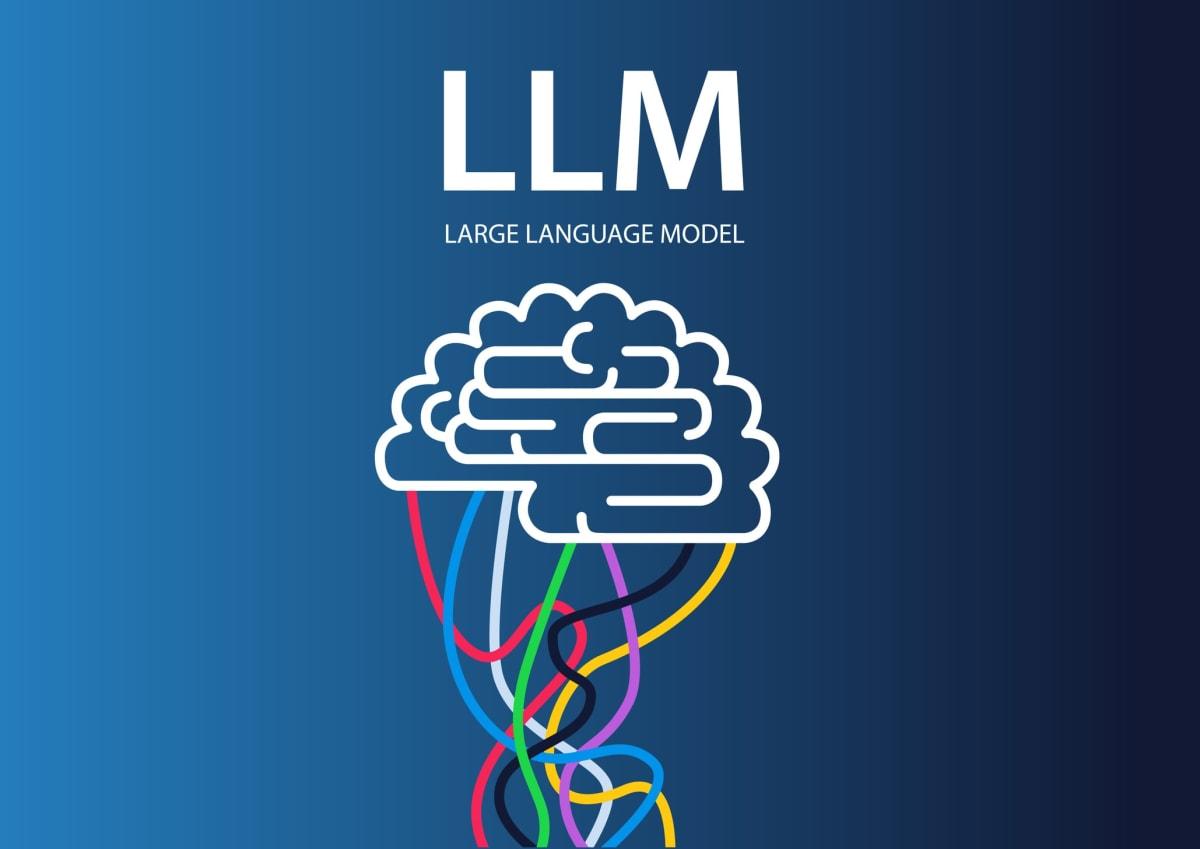Global Impact: Transforming Learning Through International Collaborations in Educational Technology
Introduction: The Power of Global Partnerships in EdTech
In today’s interconnected world, international collaborations in educational technology are shaping the future of learning like never before. By uniting educators, technologists, and policymakers across continents, these partnerships leverage global expertise to solve pressing educational challenges, promote inclusivity, and foster innovation. Whether it’s cross-border e-learning platforms or globally-shared digital resources,the impact of international collaboration in edtech is far-reaching and profound.
Why International Collaborations Matter in Educational technology
The fusion of diverse perspectives through global partnerships in EdTech empowers the rapid evolution of learning methodologies. By pooling resources and sharing knowledge, international collaborations facilitate:
- Improved Accessibility: Bridging gaps were educational resources are scarce.
- Innovation: Encouraging creative solutions in online education and digital learning tools.
- Scalability: expanding prosperous pilots into worldwide platforms.
- Cultural Exchange: cultivating global citizenship and mutual understanding.
- Professional Development: Connecting educators for ongoing training and community-building.
These collaborative efforts have the potential to transform education worldwide—from urban centers to remote villages—making learning accessible, relevant, and ever-evolving.
Key Benefits of Global EdTech Collaborations
1.Enhancing Digital Infrastructure
Manny countries face challenges related to digital infrastructure. through international edtech partnerships, regions with advanced technologies can assist areas where access is limited.This can include:
- Sharing cloud-based resources and digital libraries
- Implementing remote learning systems in underserved communities
- Facilitating training for teachers and administrators
2. Breaking Language Barriers
With tools like AI-powered translation and multilingual course content, international collaborations make learning materials accessible to speakers of diverse languages. This promotes inclusivity and ensures knowledge-sharing on a truly global scale.
3. Fostering Cross-cultural Innovation
working alongside global partners encourages new ways of thinking. Educational technology platforms benefit from cultural input, resulting in creative apps, adaptive learning solutions, and gamified learning environments that cater to a variety of learners worldwide.
4. Addressing Global challenges in Education
International alliances in EdTech are at the forefront of addressing global issues—such as inequality,sustainability,and the digital divide. Collaboration means initiatives can have wider reach and a more meaningful impact.
Case Studies: Real-World Impact of International Collaborations
The Erasmus+ Program
The Erasmus+ Programme is a prime example of global collaboration driving educational innovation. By funding cross-border partnerships, Erasmus+ has enabled thousands of institutions in Europe and beyond to develop shared digital courses, student exchanges, and joint research projects, boosting the quality and accessibility of education.
Microsoft education global Initiative
Microsoft’s Education Global Initiative partners with governments and schools worldwide to implement cloud-based learning platforms, teacher training, and inclusive curriculum design. By working together, the initiative brings modern technology to classrooms in under-resourced regions, empowering both students and educators.
UNESCO’s Global education Coalition
During the COVID-19 pandemic, UNESCO’s Global Education Coalition united public and private sector partners, EdTech firms, and NGOs to maintain learning continuity for millions of students. The coalition shared free digital resources and remote teaching support, demonstrating the power of global collaboration in overcoming educational disruptions.
First-Hand experience: Voices from Educators and Learners
Insights from an International Teacher Exchange
“Teaching online courses alongside colleagues from different countries has expanded my teaching toolkit, exposed students to diverse viewpoints, and shown how educational technology can bridge cultures.”
— Anna, Secondary Math Teacher, Poland
Student Outlook: Collaborative Online Learning
“Collaborating on virtual projects with students from Africa and Asia gave me a deeper understanding of global issues.Educational technology made it possible to learn and connect beyond borders.”
— Rajiv, University Student, India
Practical Tips for building International Partnerships in EdTech
- Research Potential Partners: Seek out organizations, universities, and EdTech startups with complementary goals.
- Leverage Digital Platforms: Use collaboration tools like Slack, Microsoft Teams, and Moodle to facilitate communication and resource sharing.
- Align Cultural and Educational Objectives: Establish clear goals and adapt content for cultural relevance.
- Focus on Sustainability: Design collaborative projects that are scalable and self-sustaining over time.
- Encourage Feedback Loops: Regular check-ins ensure alignment and continuous advancement.
- pilot Before Scaling: Start small, assess outcomes, then replicate successful solutions globally.
Future Trends: Where Is Global EdTech Collaboration Headed?
The rise of AI-powered tutors, immersive virtual reality classrooms, and blockchain credentials is onyl possible through ongoing global cooperation. As connectivity improves, expect growth in:
- International digital certification programs
- Global open educational resource (OER) libraries
- Worldwide educator professional development networks
- Collaborative research on learning data and analytics
The future promises a borderless, inclusive, and personalized education experience for all learners—powered by the spirit of international collaboration.
Conclusion: Driving educational Transformation Together
international collaborations in educational technology are revolutionizing teaching, learning, and educational policy across the globe. By combining resources, expertise, and vision, global partnerships break down barriers, inspire innovation, and make quality learning accessible for every child and adult, nonetheless of geography.
Whether you’re an educator, policymaker, entrepreneur, or learner, the opportunities to join—and shape—the future of global education are immense. By embracing international collaborations, we can collectively transform education, empower communities, and open doors to lifelong learning worldwide.

